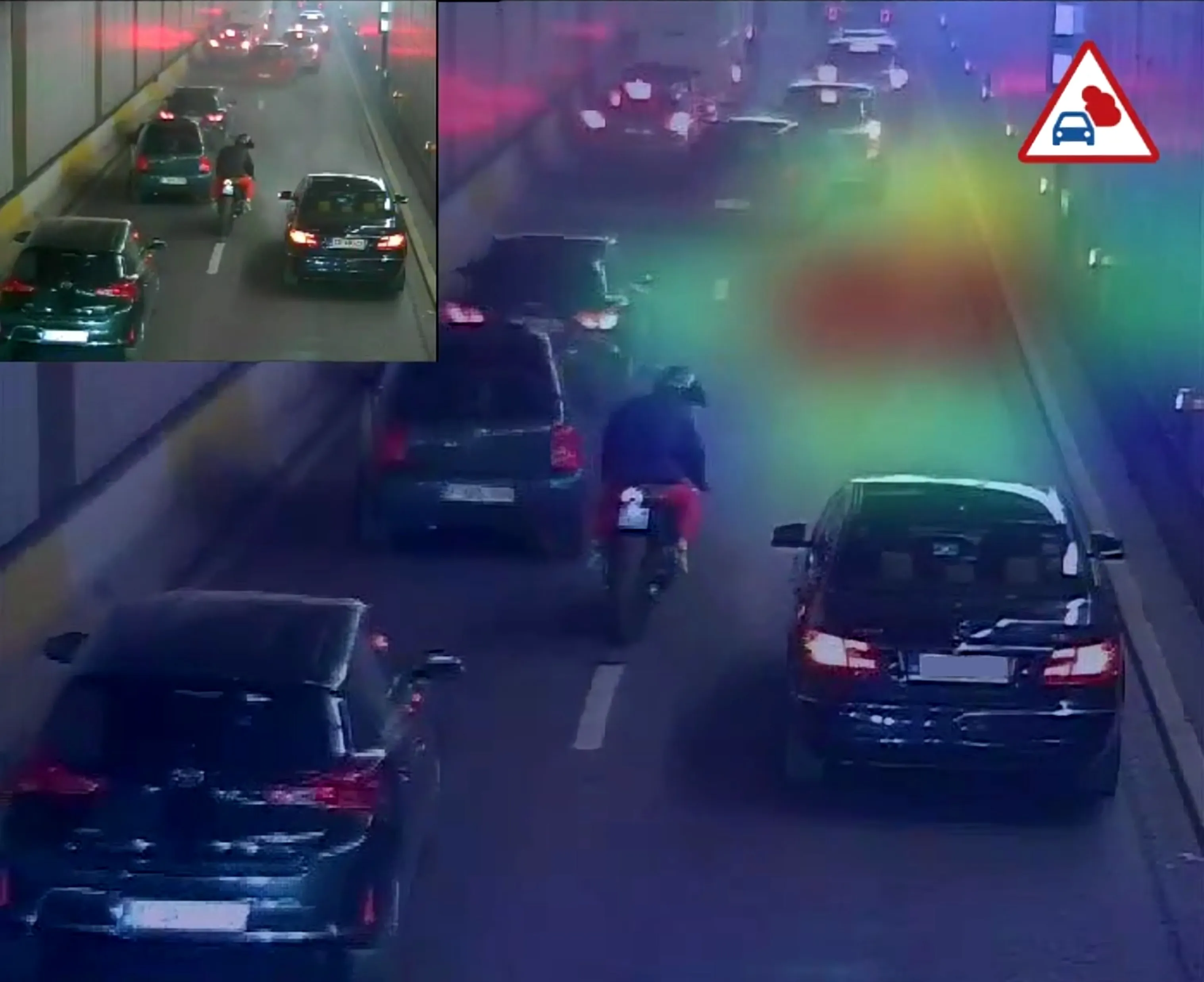The three-week campaign, known as Technology Capability Level 2 (TCL2) National Campaign, began 9 May and is focused on flying small drones beyond the pilot’s visual line of sight over sparsely populated areas near six of the Federal Aviation Administration (FAA) test sites.
For TCL2, participants are interacting with the UTM research platform by entering their drone’s scheduled flight plans. The UTM system then checks for conflicts, approves or rejects the plan and notifies users of any potential constraints.
Meanwhile, engineers at NASA’s Ames Research Center in California’s Silicon Valley monitor operations and system load and gather qualitative feedback to identify opportunities to expand capability and further refine the UTM working models.
This mixing of actual flights with virtual flights provides additional insight for future tests and helps to further refine and improve the UTM concept.
As part of the testing, the drones are flying profiles that simulate real-world uses for the aircraft, such as package deliveries, farmland surveys, infrastructure inspections, search and rescue missions and video surveillance operations.
NASA drone traffic management tests take off in Reno
NASA and its partners are in the midst of testing the next, more complex version of its unmanned aircraft systems (UAS) traffic management (UTM) technologies with live, remotely-operated aircraft, or drones, at six different sites around the US.
May 30, 2017
Read time: 2 mins
NASA and its partners are in the midst of testing the next, more complex version of its unmanned aircraft systems (UAS) traffic management (UTM) technologies with live, remotely-operated aircraft, or drones, at six different sites around the US.








